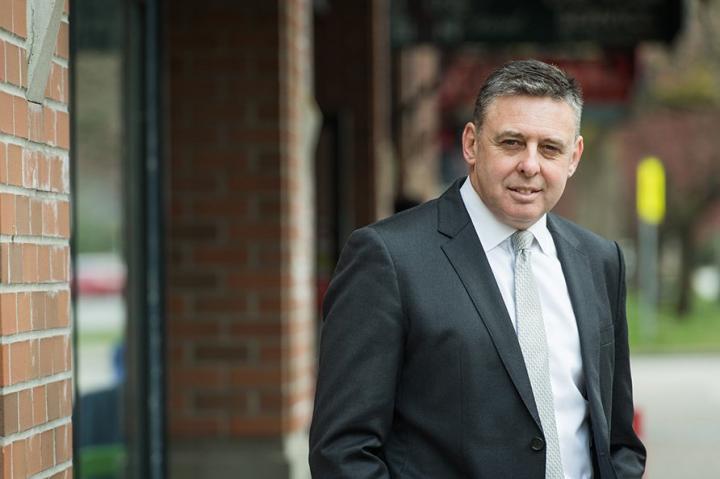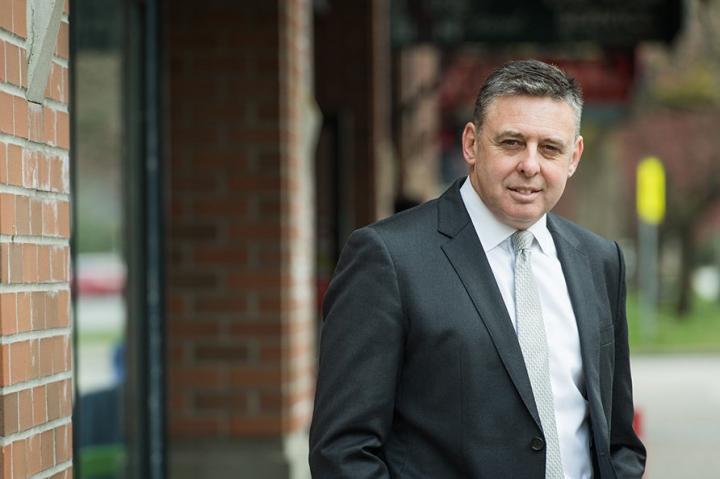
Credit: University of British Columbia
Recovering from the suicide of a friend, partner or family member can be emotionally challenging for men, largely due to masculine ideals that dictate men should remain stoic and keep their feelings bottled up.
But new UBC research suggests that other male values–like self-care and protecting family and friends–can help men deal with emotional trauma and encourage them to seek help while staying true to their manly ideals.
John Oliffe, the study's lead author and a UBC nursing professor, worked with 20 adult Canadian men, who had lost a close male friend or family member to suicide. The men were invited to take photos of objects, people or anything that connected to their grief and to narrate their photos in follow-up interviews.
The researchers found that the participants sought to explain their friend or family member's suicide in typically masculine terms, saying things like "he was strong to the end" or "he fought hard to control his demons/overcome his problems" or "he didn't want to be a burden to others."
"They also reacted to the suicide in a way that you might call stereotypically male – processing it on their own and not talking about it much, because as a guy you expect and you're expected to be 'strong' and not 'emotional'," said Oliffe, who heads the men's health research program at UBC.
But the participants held other masculine values as well that seemed to help them cope with the loss while protecting their mental well-being. A father who had lost his son to suicide said he wished he had shown more vulnerability himself, to show his son that it was all right to talk openly about one's troubles. Others said they learned something from the suicide of their friend or relative.
"One participant, a family man, said he realized it was important to seek help for a health or mental issue when necessary, in order to safeguard his family's future. Another said he learned a lesson from his father's death to not prioritize making money over everything else in life," said Oliffe.
In addition, the study showed that asking men to describe their experiences of grief and loss through photographs and storytelling could be therapeutic. People grieve in diverse ways and many men may feel uncomfortable being asked to talk things through, but are more responsive to informal methods that let them speak up without threatening their masculinity, according to Oliffe.
"There is a growing body of research about male suicide, but we know much less about the grieving process that the survivors, particularly the men, go through," said Oliffe. "Hopefully our research adds to this knowledge and helps health-care providers design more effective interventions to protect men's mental health and that of their families."
###
Media Contact
Lou Bosshart
[email protected]
604-999-0473
@UBCnews
http://www.ubc.ca
Original Source
https://news.ubc.ca/2018/06/20/self-care-and-social-ties-can-help-men-recover-from-the-suicide-of-a-loved-one/ http://dx.doi.org/10.1177/1049732318769600





